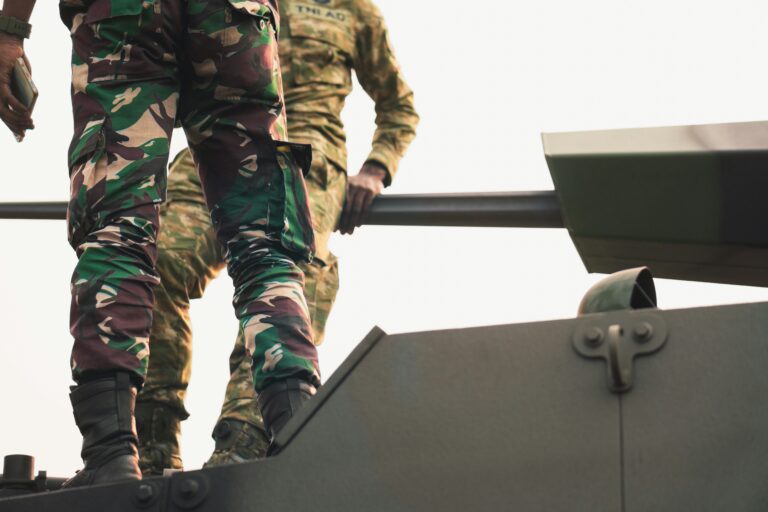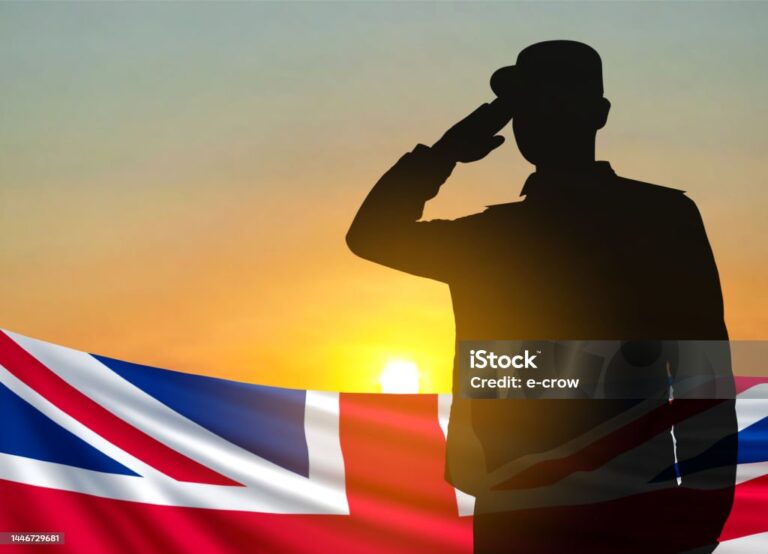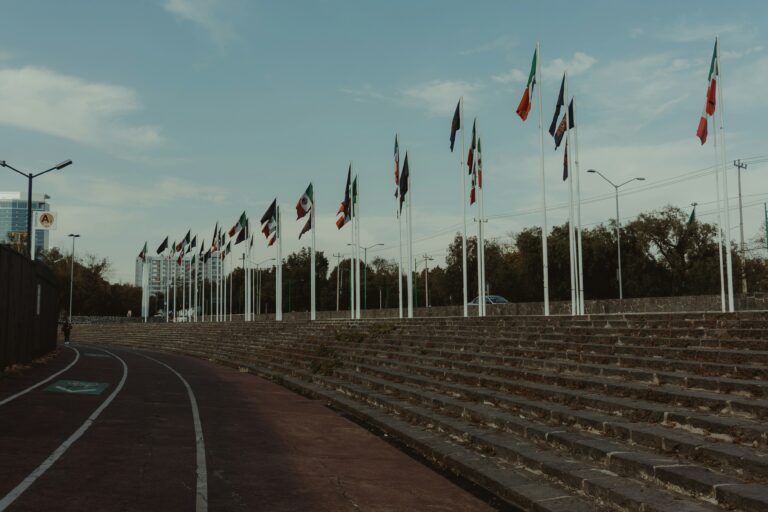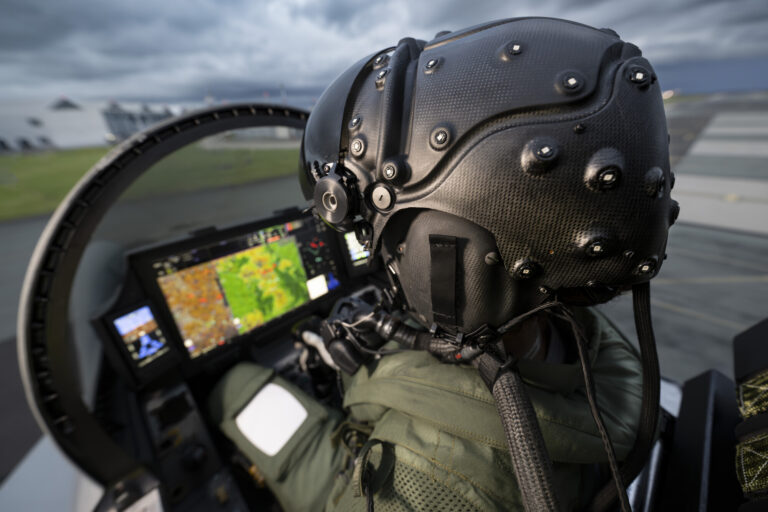British Army Intelligence Corps
Introduction
In the shadows of the battlefield, where silence and secrecy matter more than firepower, operates one of the most vital branches of the British Army — the Intelligence Corps. These highly trained personnel serve as the eyes and ears of the military, gathering, analysing, and exploiting information to support both tactical and strategic decision-making.
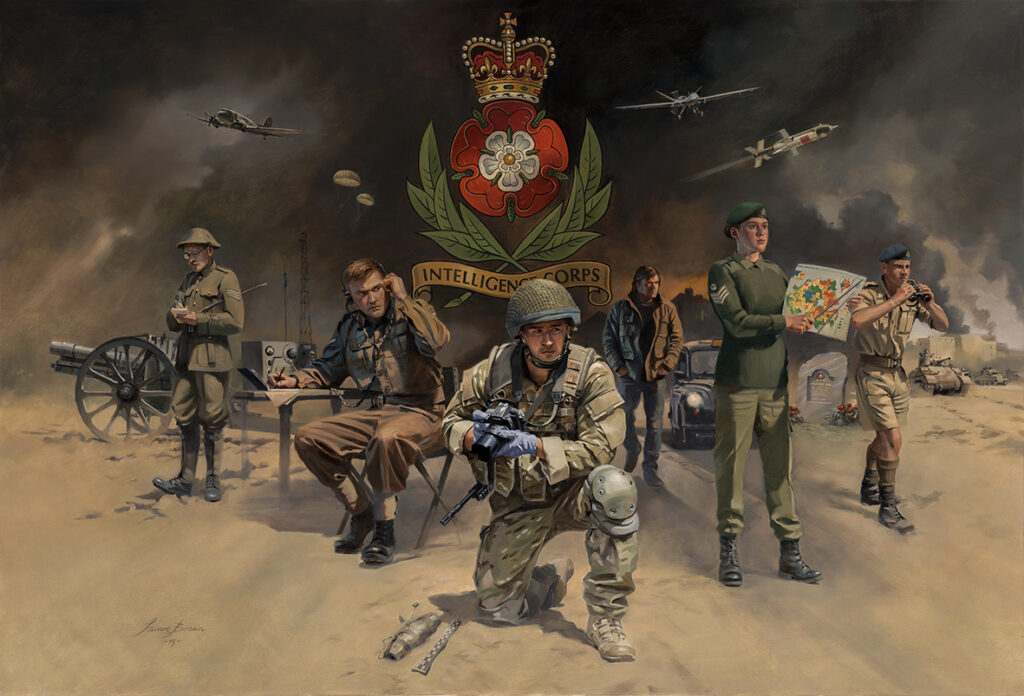
Far removed from the front lines but central to every mission, the Intelligence Corps ensures that UK forces are never blind, unprepared, or misinformed.
What Is the Intelligence Corps?
The Intelligence Corps (Int Corps) is a specialist branch of the British Army responsible for:
- Collecting intelligence through human sources (HUMINT), electronic means (SIGINT), and imagery (IMINT)
- Analysing and interpreting information to understand enemy movements, strategies, and intentions
- Counterintelligence operations — detecting and neutralising hostile spies
- Supporting Special Forces and cyber operations
- Strategic intelligence reporting for UK Defence and government decision-makers
Motto: “Knowledge gives strength to the arm.”
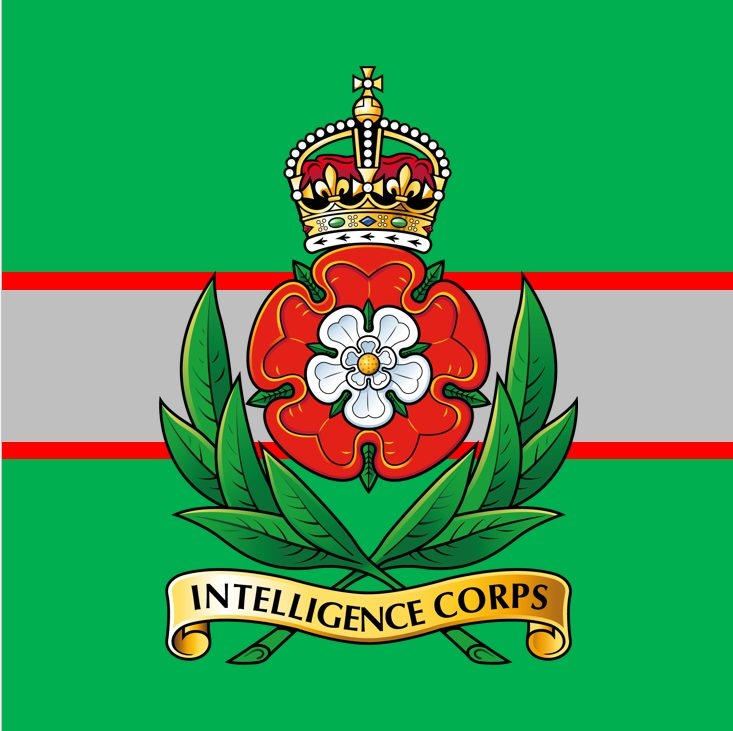
Roles Within the Intelligence Corps
| Role | Responsibilities |
|---|---|
| Human Intelligence (HUMINT) Operator | Interviews locals, develops sources, and conducts covert information gathering |
| Imagery Analyst (IMINT) | Interprets satellite and drone imagery for military use |
| Electronic Warfare (EW) Specialist | Intercepts and disrupts enemy communications |
| Counterintelligence Officer | Detects insider threats and foreign espionage |
| Cyber Intelligence Analyst | Monitors digital threats and vulnerabilities |
| Tactical Intelligence Operator | Embeds with units in the field to provide live analysis |
| Strategic Analyst | Provides MOD and government with political/military forecasts |
Real-World Deployments
The Intelligence Corps has operated in nearly every major British military campaign, including:
- Afghanistan and Iraq – tracking insurgent networks and roadside bomb (IED) threats
- Ukraine and Eastern Europe – monitoring Russian troop movements and propaganda
- Africa (Mali, Somalia, Nigeria) – counterterrorism intelligence
- Falklands and Northern Ireland – long-running intelligence campaigns
- Domestic Operations – collaborating with MI5 and GCHQ on UK national security
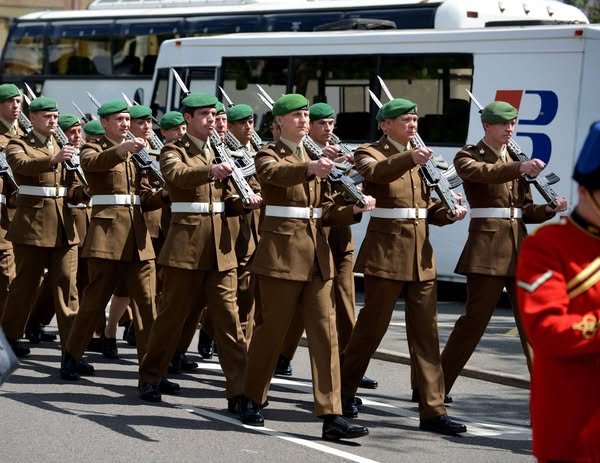
Training to Join the Intelligence Corps
The Intelligence Corps is one of the most selective branches of the British Army. Candidates must pass:
Entry Routes:
- Direct from civilian life (Regular Army)
- After Army Officer Selection Board (AOSB) for officer applicants
- Lateral transfer from other branches or from civilian intelligence agencies
- Reserve pathway for part-time service alongside civilian careers
Selection Requirements:
- British citizen (due to high-level security clearance)
- Strong academic background (A-levels or degree preferred)
- Exceptional communication and analytical skills
- High performance on Army cognitive and psychological tests
- Willingness to undergo Developed Vetting (DV)
Training Phases
- Phase 1 – Basic Training
- Standard soldier training (14 weeks at Pirbright or similar)
- Phase 2 – Trade Training (Intelligence Training)
- Conducted at the Defence Intelligence Training Group (DITG), Chicksands
- Covers:
- Intelligence cycle (collection, analysis, dissemination)
- Covert operations and source handling
- Cyber and electronic surveillance
- Foreign weapons and tactics analysis
- Data security and encryption
- Tactical intelligence procedures
- Map reading, photography analysis, report writing
- Advanced Training (based on role):
- HUMINT operator course
- Imagery analysis at RAF Wyton
- Electronic Warfare at Blandford
- Defence language training (Arabic, Russian, Mandarin, etc.)
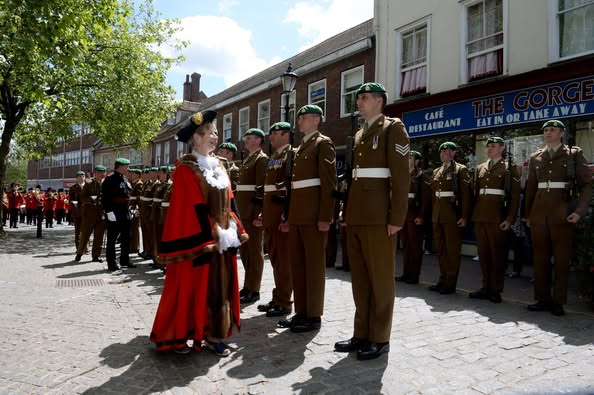
Tools and Technologies
Int Corps soldiers use cutting-edge tech including:
- Secure intelligence databases and analytics software
- Signals intercept equipment
- Encrypted communications platforms
- AI-driven surveillance systems
- Geospatial and drone analysis tools
- Open-source intelligence (OSINT) platforms
They also work closely with MI5, MI6, GCHQ, SIS, and NATO allies.
Intelligence in Combat
In deployed environments, Intelligence Corps members:
- Brief commanders before operations
- Provide live updates on enemy positions
- Predict ambushes and attacks
- Track enemy radio chatter or drone activity
- Help identify insurgents and high-value targets
- Run Fusion Cells — central hubs for battlefield information
They work alongside infantry, Special Forces, and UAV teams.
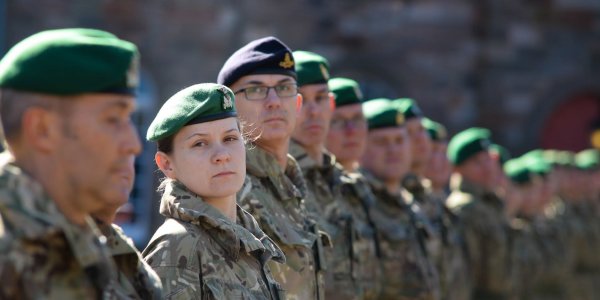
Counterintelligence and Cyber Threats
The Corps also handles counterespionage and internal security. This includes:
- Identifying compromised personnel or informants
- Monitoring for cyber infiltration of military networks
- Safeguarding against insider threats and disinformation
- Coordinating with MOD Cyber Defence and National Cyber Force
Civilian and Post-Service Careers
The skills gained in the Intelligence Corps are highly transferable. Many ex-Int Corps members go on to:
- MI5, MI6, GCHQ careers
- Private intelligence and security consultancies
- Crisis response and global risk firms (e.g., Control Risks, S-RM)
- Cybersecurity and defence contractors
- Foreign Office or international NGOs
Others continue in NATO roles, secondments with allies, or as military advisors.
Career Progression
| Rank | Role |
|---|---|
| Lance Corporal – Sergeant | Field intelligence, HUMINT operations |
| Staff Sergeant – Warrant Officer | Senior analyst or cell leader |
| Officer (2Lt – Major) | Intelligence team command, strategic planning |
| Specialist Routes | Language expert, cyber analyst, embedded SOF Intel officer |
Intelligence Corps officers may also enter staff roles at Whitehall, MOD Main Building, or in Defence Intelligence HQ.
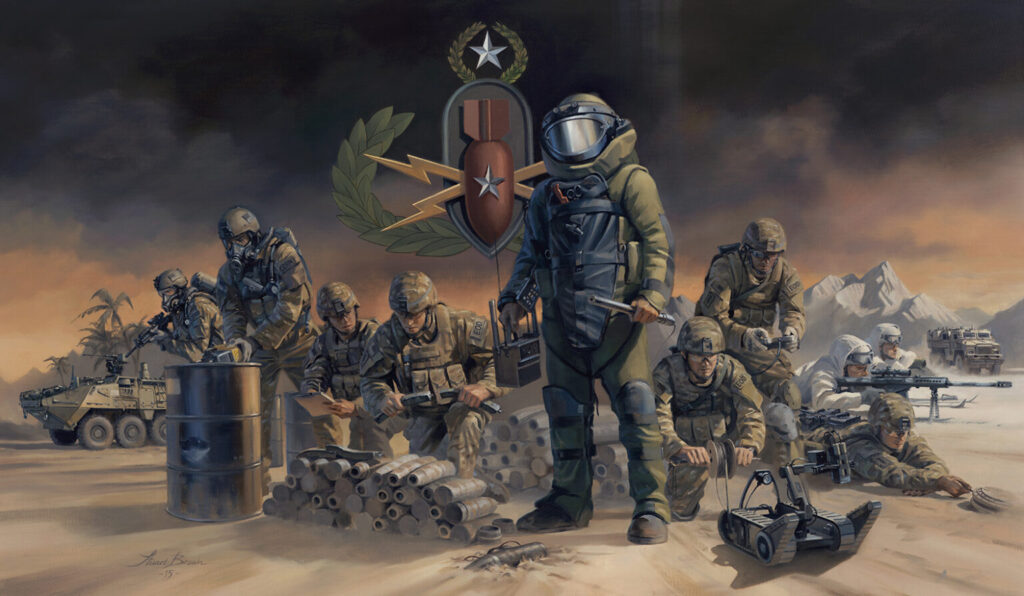
Pay and Benefits
| Position | Annual Salary Range |
|---|---|
| Private (after training) | £22,000–£27,000 |
| Analyst (mid-career) | £32,000–£40,000 |
| Officer | £34,000–£60,000+ |
| Specialist/DV roles | +£5,000–£10,000 allowances |
Additional perks:
- Access to language bonuses
- Deployment and specialist pay
- Funded postgraduate courses (language, intelligence, international relations)
- Rare access to Top Secret/STRAP information
- International travel and elite courses
Secrecy, Stress, and Suitability
The Intelligence Corps attracts those who:
- Thrive in fast-moving and mentally demanding environments
- Value accuracy over speed
- Can live with secrecy and limited recognition
- Operate ethically under moral ambiguity
- Work well under pressure and tight deadlines
- Want to shape military operations without firing a shot
Conclusion
The British Army Intelligence Corps stands at the intersection of strategy, technology, and insight. In a world defined by hybrid warfare, misinformation, and cyber threats, these quiet professionals serve as guardians of truth and national advantage.
Whether in a desert outpost or a secure room at Whitehall, their mission is the same: gather intelligence, prevent threats, and protect lives — often without a single shot fired.
If you’re analytical, curious, and determined to protect the UK from threats seen and unseen, the Intelligence Corps offers a career like no other — where your mind is your weapon, and information is your battlefield.

